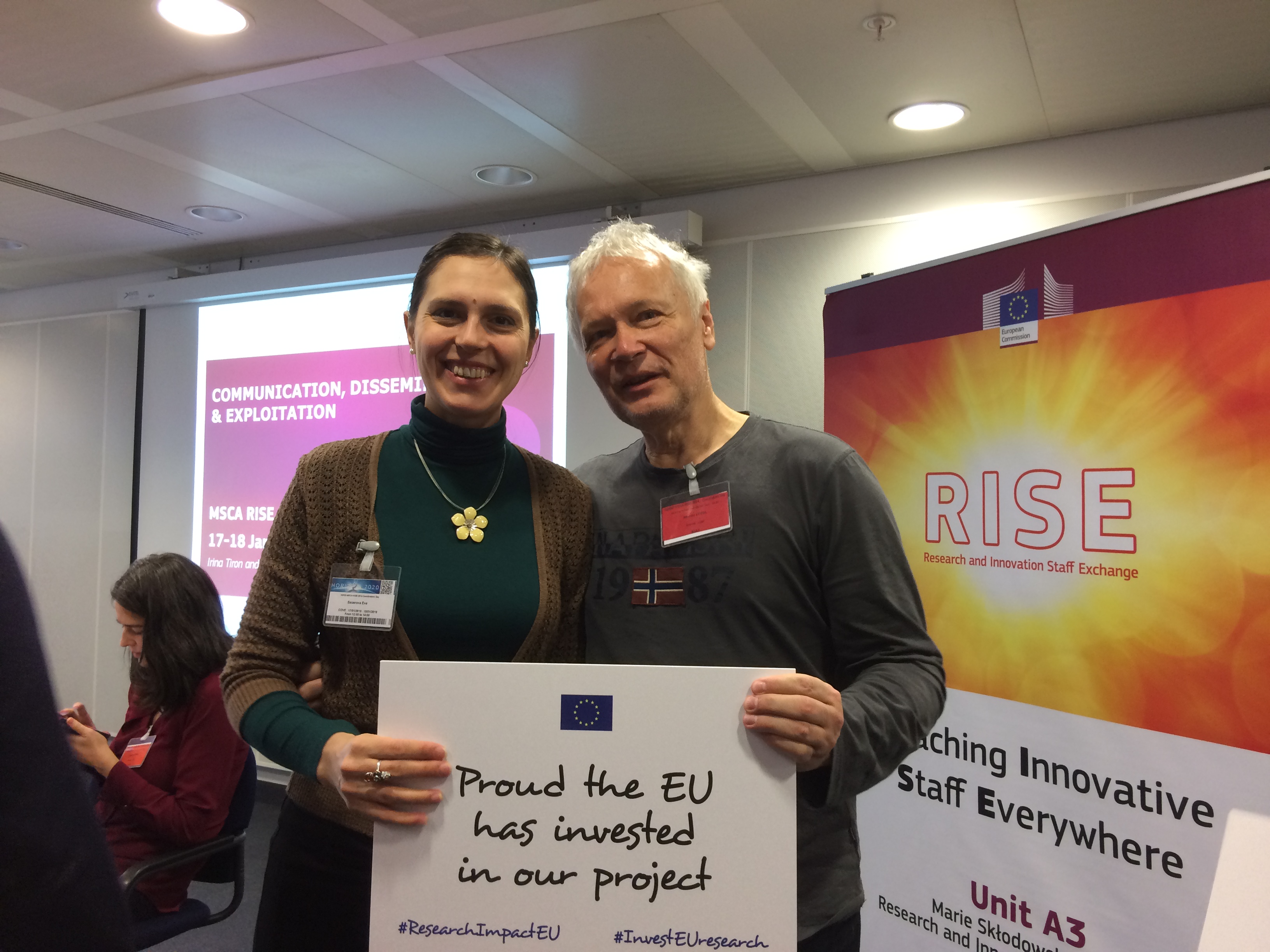
Project news
CoSP workshop and school on algorithms
2019-03-21
CoSP workshop and school on algorithms, organised by Michal Koucky and Martin Loebl will be held in July 15--July 16 in DIMACS Rutgers University, U.S.A.
CoSP Tutorials (July 15 - 16, 2019): https://www.youtube.com/playlist?list=PLKVCRT3MRed539dAQzYs1R6rB9VKdkxp2
The Tutorials website: http://dimacs.rutgers.edu/events/details?eID=1197
CoSP Workshop and school on topological methods
2019-03-22
July 22--July 26 in Prague
organised by Ron Aharoni and Martin Loebl
in the School of Informatics, Malostranske nam 25, Prague 1, Czech Republic
During the workshop the 1st Management Committee Meeting of CoSP takes place.
You can download the poster:
Public Lecture in the Learned Society of the Czech Republic
2019-04-10
April 3, 16.00
Public lecture (in Czech) by Martin Loebl
organised by the Learned Society of the Czech Republic, Národní 1009/3, Prague 1.
REU 2019 begins and is supported by CoSP
2019-06-14
This year a group of 10 Czech students (7 undergraduates and 3 graduates) attend to the Research Experience for Undergraduates programe at DIMACS, Rutgers University. This research visit is supported by CoSP
Continuation of REU 2019 in Prague supported by CoSP
2019-06-14
A rich programme for the American and Czech young researchers, supported by CoSP, will be held July 22-- August 2 in Prague.
The programme includes the CoSP School on topological methods, the CoSP student workshop and features
V. Chvátal: Traveling salesman problem (public lecture-series and training in the complementary skill of self-promotion)
CoSP Student Workshop
2019-06-14
CoSP student workshop is held July 25 in S6, Charles University, Malostranske nam 25, Prague 1.
Visit at Nokia Bell Labs
2019-07-11
CoSP-REU 2019 students spent one day in Nokia Bell Labs in New Jersey. They attended several talks on using theoretical results in practice and about also new 5G networks. The students also visited two anechoic chambers - most quiet places on the Earth.
CoSP-REU is a summer internship within Research Experiences for Undergraduates. It takes place at Rutgers University (USA) from 28th May 2019 to 21st July 2019.
